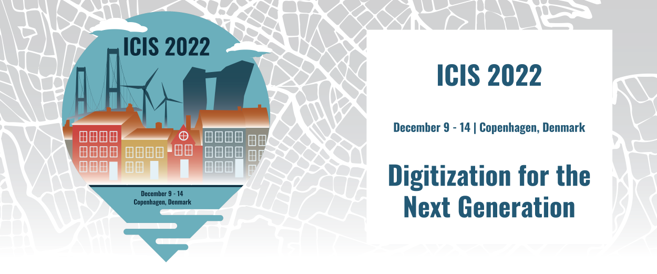Paper Number
1453
Paper Type
Complete
Description
Online healthcare communities (OHCs) facilitate two-way interaction. Examining users’ information disclosure-audience support response dynamics can reveal insights for fostering a supportive environment, community engagement, bond formation, knowledge sharing, and sustained participation in OHCs. We propose a structural vector autoregression (SVAR) model of user disclosure and response dynamics in OHCs. Based on the health disclosure decision-making model and daily time series data, we examine the two-way interaction of two dimensions of disclosure efficacy with audience support response acceptance. Findings of the impulse response functions reveal that user information density leads to positive support response acceptance, whereas support response acceptance reduces the information density of a user post over time. Further, higher information efficacy leads to more support response acceptance with long run improved information efficacy. Theoretically, findings extend the disclosure decision-making model in OHCs. Practically, the results provide insights for OHC management to facilitate two-way dynamic users’ interactions.
Recommended Citation
Manga, Joseph; Andoh-Baidoo, Francis Kofi; Ayaburi, Emmanuel W.; and Escobari, Diego, "Examining Users’ Information Disclosure and Audience Support Response Dynamics in Online Health Communities: An Empirical Study" (2022). ICIS 2022 Proceedings. 6.
https://aisel.aisnet.org/icis2022/is_health/is_health/6
Examining Users’ Information Disclosure and Audience Support Response Dynamics in Online Health Communities: An Empirical Study
Online healthcare communities (OHCs) facilitate two-way interaction. Examining users’ information disclosure-audience support response dynamics can reveal insights for fostering a supportive environment, community engagement, bond formation, knowledge sharing, and sustained participation in OHCs. We propose a structural vector autoregression (SVAR) model of user disclosure and response dynamics in OHCs. Based on the health disclosure decision-making model and daily time series data, we examine the two-way interaction of two dimensions of disclosure efficacy with audience support response acceptance. Findings of the impulse response functions reveal that user information density leads to positive support response acceptance, whereas support response acceptance reduces the information density of a user post over time. Further, higher information efficacy leads to more support response acceptance with long run improved information efficacy. Theoretically, findings extend the disclosure decision-making model in OHCs. Practically, the results provide insights for OHC management to facilitate two-way dynamic users’ interactions.
When commenting on articles, please be friendly, welcoming, respectful and abide by the AIS eLibrary Discussion Thread Code of Conduct posted here.



Comments
16-HealthCare